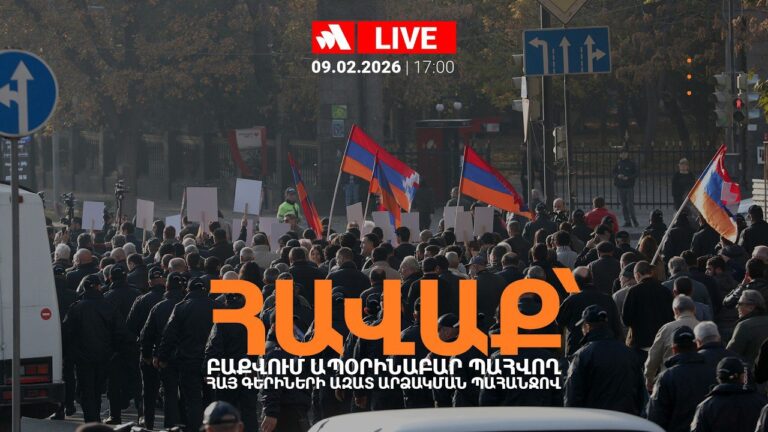Karen Bekaryan: The wheel of losses does not stop because that person started negotiations from his own point
Speaking with Alpha News, political scientist Karen Bekaryan explained what points should be taken into consideration when signing a peace agreement.
“It is possible to reach a peace agreement only under normal conditions when the parties do not take any hostile action towards each other from a certain period and across the entire spectrum, from the announcement to the escalation at the border. The second essential circumstance is the humanitarian problem when prisoners, detainees, hostages are returned, and there is an attempt to build an atmosphere of trust with each other, at least at the highest levels,” Karen Bekaryan said.
Meanwhile, according to him, not a single point has been fulfilled by officials, but they are still trying to reach that peace agreement.
“Before signing an agreement, you must take into account several circumstances, firstly, the Azerbaijani armed forces that are in the sovereign territory of Armenia, the problems related to Artsakh and the return of Artsakh citizens. If all this is taken into account, maybe a peace agreement, delimitation, demarcation, and communications are possible. But what do we have out of all this? Nothing.
There is open coercion and open service to Azerbaijan and the Turkish-Azerbaijani appetite that is growing day by day. The more concessions, the bigger the appetite. We have been in this process for several years. We have losses one after the other,” the political scientist noted with regret.
According to Bekaryan, the wheel of losses keeps spinning and does not stop.
“All this happened over several years; big manipulations were done, and Pashinyan said: I am starting the negotiations from his own ‘zero point’. We have seen where it has brought us—destruction at every stage. We have witnessed it and continue to witness it; that wheel does not stop. At some point, lies and manipulation towards one’s own people began to be projected onto external actors, mediators,” Karen Bekaryan concluded.







